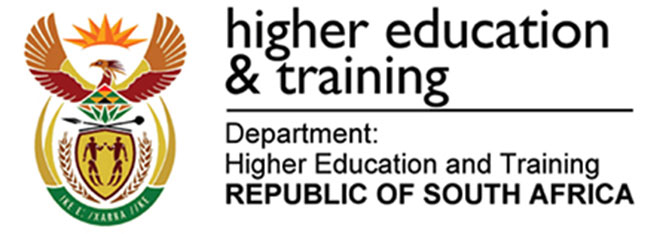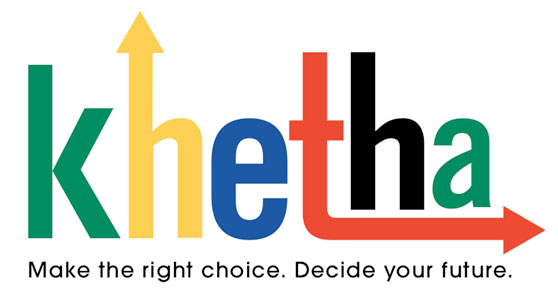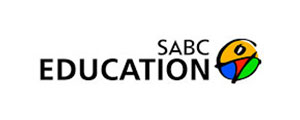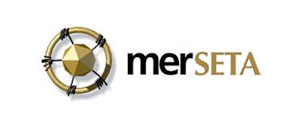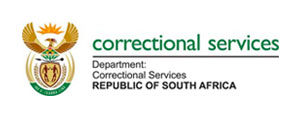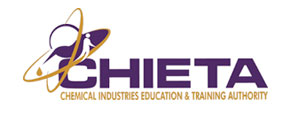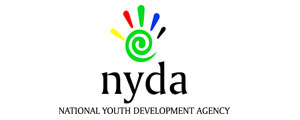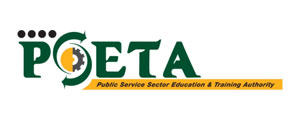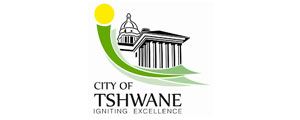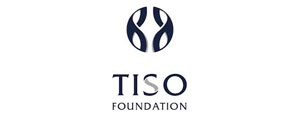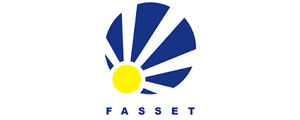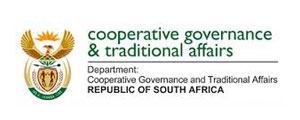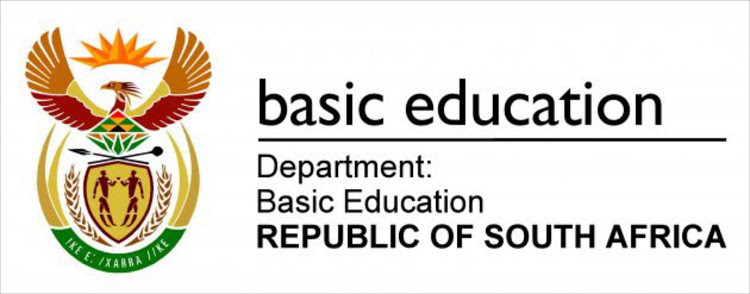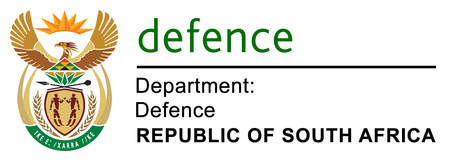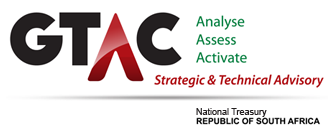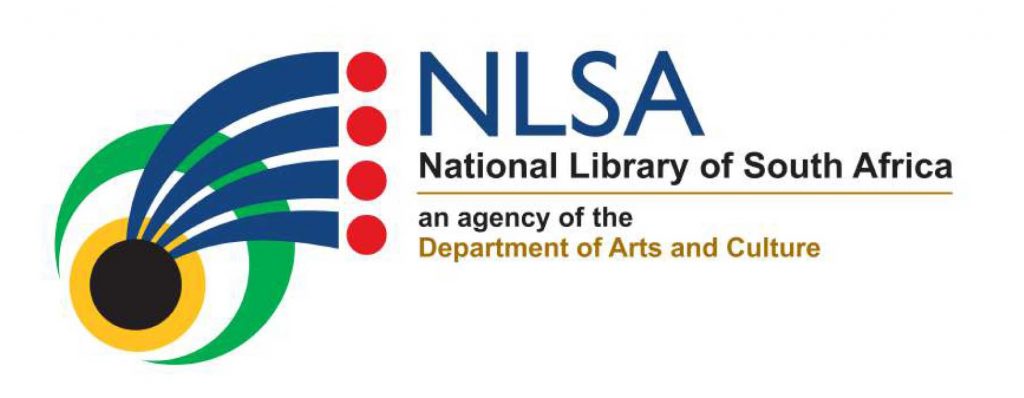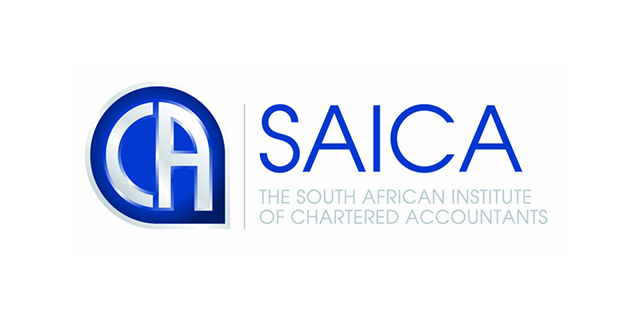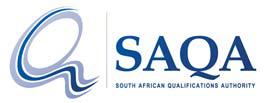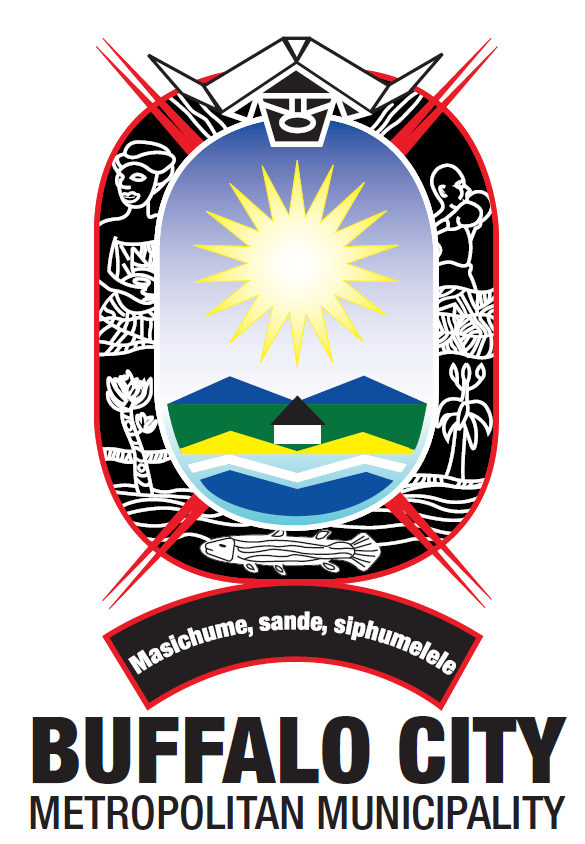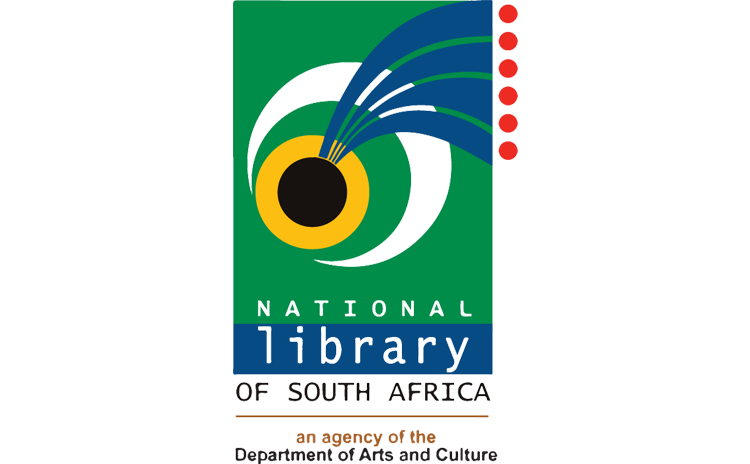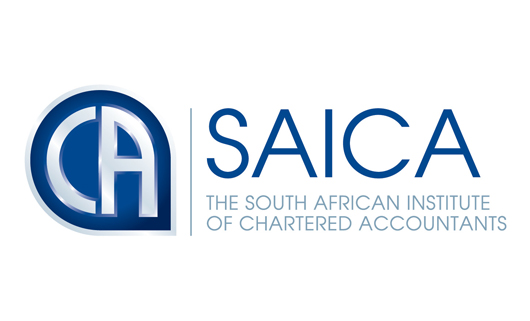How do I Search for a job?
There are different factors to consider when you are looking for a job, you need to look at your skills, your CV, the kind of jobs you are interested in, interview skills, etc. You can search for a job by searching on job sites, newspapers or the government Circular.
How do I write a C.V?
-
A CV is a document that accurately records your personal data, education history, work history and so forth. You will submit your CV to employment agencies, and employers together with a cover letter when applying for a job. An employer may refer to your CV in an interview situation so keep your CV up-to-date and accurate.
-
Create a CV that has clear headings and is easy to read
-
Use the cover letter as a marketing tool by referring to your strengths highlighted in your CV
-
Update your CV regularly as you grow and get experience over time
-
Use techniques to make your CV stand out from the rest. Read more
The key is to make your CV clear, concise and easy to read, i.e. take out all unnecessary detail, like photographs and unrelated information, that could bore or irritate the interviewer. It should be up to date and accurate and you should know your own CV well if questioned.
What needs to be included in my C.V?
-
Personal details (name, surname, date of birth, citizenship, marital status, physical address, email address, contact numbers, drivers license code, etc)
-
Educational information (from grade 12 to your highest qualification).
-
Language skills.
-
Computer skills.
-
Employment history (start with the current job)
-
References.
How do I become a Police Officer?
To become a Police Officer one must be on the look-out for enlistment opportunities in Basic Police Development Learning Programme which is normally advertised on the national newspapers, SAPS website, local police stations and community libraries.
Applicants must complete application form in their own handwriting.
The application forms are obtainable (for free) at the nearest SAPS Recruitment Office or Human Resource Official at local Police Station.
The following certified documents must accompany the application form:
• SA ID Document
• Driver’s licence
• Matric/Senior Certificate (Grade 12 Certificate or equivalent qualification)
• Additional qualifications and academic records
• Proof of residence
The training consists of 10 months of academy phase at SAPS Academy, 12 months of Field Police Development phase and 2 months of Police integrated assessment at the SAPS academy. Read more
How do I become a nurse?
There are three ways to qualify as a Registered Nurse and apply for entry level nursing positions. They are as follows:
-
South Africa has three entry levels for nurses:
-
A four-year comprehensive Diploma or B degree, leading to registration as a general nurse, midwife, community health nurse and psychiatric nurse;
-
A two-year certificate leading to enrollment as a nurse, who can work under supervision of a registered nurse;
-
A one-year certificate leading to enrollment as a nursing auxiliary.
Read more
What is an artisan?
Artisans are people who usually work with their hands making items that may be functional or decorative, e.g. furniture, tools or machines such as the handmade devices of a watchmaker. Artisans are highly skilled, trained and tested and qualified in the field of artisanship. There are different types of Artisan courses and they qualify you into different industries, ranging from food industry, hair, engineering, construction, etc.
What is an artisan?
Artisans are people who usually work with their hands making items that may be functional or decorative, e.g. furniture, tools or machines such as the handmade devices of a watchmaker. Artisans are highly skilled, trained and tested and qualified in the field of artisanship. There are different types of Artisan courses and they qualify you into different industries, ranging from food industry, hair, engineering, construction, etc
How do i become a qualified artisan?
The Department of Higher Education & Training has set out the ‘Seven steps to become a qualified artisan" in South Africa in support of the National Programme for Artisan Development.
-
Career guidance and management
-
General or vocational / fundamental knowledge learning
-
Learner agreement registration and contracting
-
Occupational knowledge and practical learning
-
Workplace learning
-
Trade testing and recognition of prior learning
-
Assurance and certification
How do I become a boilermaker
Boilermakers are highly skilled construction workers who specialize in the making, installation and repair of boilers, high pressure vats, tanks and other large vessels that contain chemicals, gases, water or other fluids. They manufacture and build structures of steel plates.
Who Can Become a Boilermaker?
Anyone above 16 years of age and above
Anyone with a minimum of grade 9
How do I become a Boilermaker?
1. TVET route
You can register for a National Certificate Vocational (NCV) in Engineering and Related Design and obtain an N3 certificate in Mechanical Engineering at a TVET college.
This certificate makes you eligible to apply for a job in automotive maintenance and repair, general manufacturing engineering and general maintenance engineering industries.
2. Apprenticeship Route
You can obtain an apprenticeship where you will get practical and theoretic training. Then at the end of your training you will have to do a trade test monitored by MERSETA.
3. University/University of Technology Route
You can obtain a National Diploma in Mechanical Engineering that makes you eligible to apply for a boilermaker job and many other related jobs.
It is important to ensure that you are trained by an accredited provider, you need to contact MERSETA at:
merSETA House 95 7th Avenue
Cnr Rustenburg Road
Melville
Johannesburg
OR Tel: 010 219 3000
OR go to their website for more information
